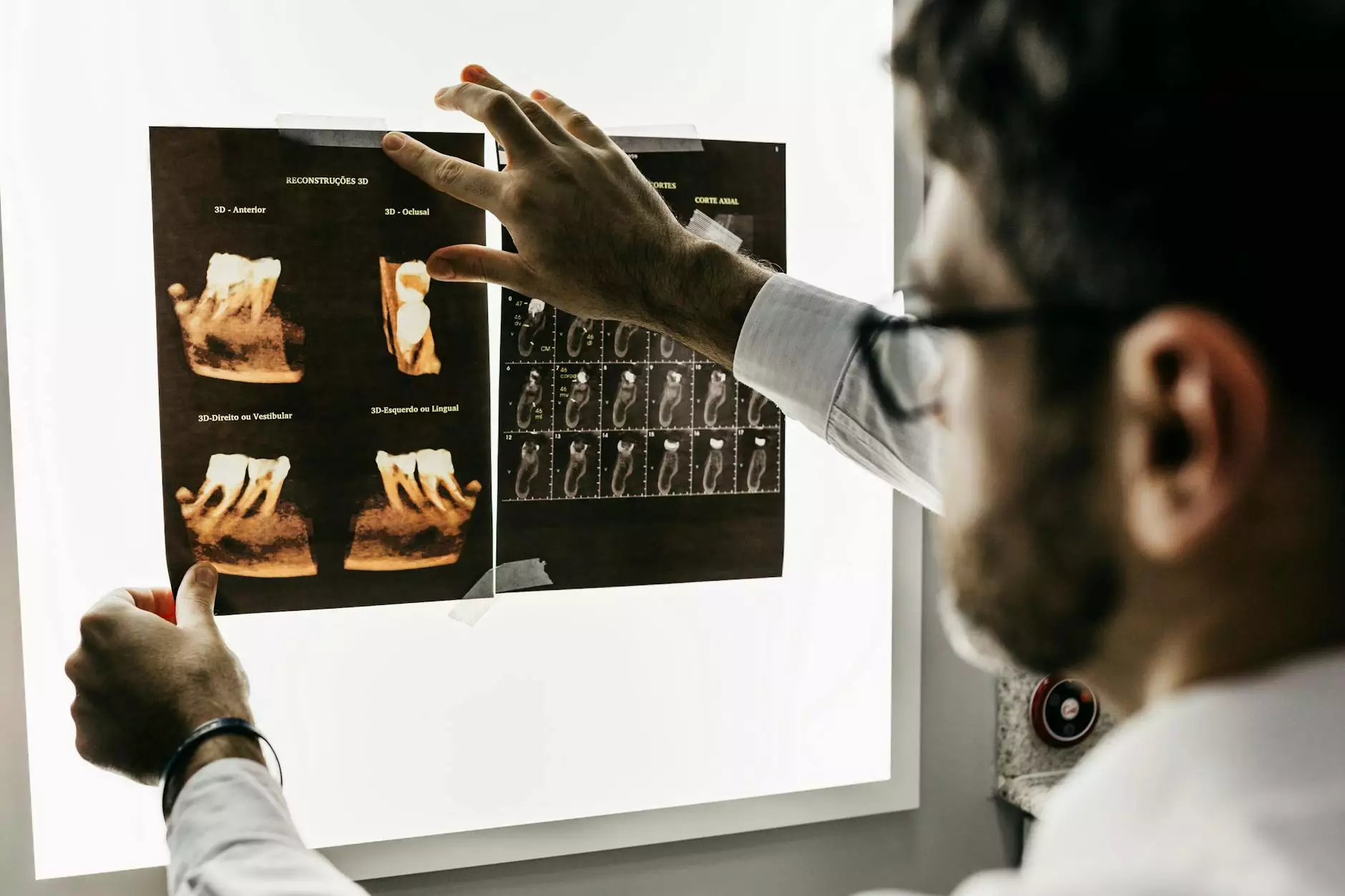The Comprehensive Guide to Dental Crown Cost

Dental crowns are a vital component of modern dentistry, offering both aesthetic appeal and functional restoration for damaged teeth. While many individuals understand the basic purpose of a crown, the cost associated with getting a dental crown can often be confusing. In this extensive guide, we aim to demystify the dental crown cost and provide you with all the information necessary to make informed decisions regarding your dental health.
What is a Dental Crown?
A dental crown is a capsule placed over a damaged tooth, helping to restore its shape, size, strength, and appearance. Crowns can be made from various materials, including porcelain, metal, or resin, each coming with its own unique benefits and costs. The lifespan of a dental crown typically ranges from 5 to 15 years, depending on the care it receives and the material used.
Types of Dental Crowns
Understanding the types of crowns available is essential in estimating the dental crown cost. Here are the most common types:
- Porcelain Crowns: Ideal for front teeth due to their natural appearance, porcelain crowns can mimic the translucency of natural teeth. They typically range from $800 to $2,500.
- Metal Crowns: Made from metal alloys, these crowns are durable and can withstand biting forces. However, they are less aesthetic. Prices vary from $600 to $2,300.
- Resin Crowns: Often used as a temporary solution, resin crowns are less durable than porcelain or metal. Their cost typically falls between $300 and $800.
- Ceramic Crowns: Similar to porcelain, these crowns offer excellent aesthetics and are used mainly for front teeth. Costs range from $800 to $2,500.
Factors Influencing Dental Crown Cost
The dental crown cost can vary significantly based on several factors, including:
1. Material
The chosen material for the crown significantly impacts the overall cost. As previously mentioned, porcelain and ceramic crowns are generally more expensive than metal crowns due to their aesthetic qualities.
2. Location of the Dental Practice
The geographic location of the dental practice can influence prices. Urban areas often have higher costs due to higher living expenses and operational costs.
3. Dentist's Experience
Highly experienced dentists or specialists may charge more for their services, reflecting their expertise and the quality of care provided.
4. Dental Insurance Coverage
Many dental insurance plans cover a portion of the crown cost. It’s important to check your insurance policy to understand your out-of-pocket expenses.
5. Additional Procedures
If you require additional treatments prior to getting your crown, such as root canals or tooth extractions, these will increase the overall cost.
Understanding the Average Cost of Dental Crowns
On average, patients can expect to pay between $800 and $2,500 for a dental crown. The following breakdown can help further clarify expected costs:
- Porcelain Crowns: $800 - $2,500
- Metal Crowns: $600 - $2,300
- Resin Crowns: $300 - $800
- Ceramic Crowns: $800 - $2,500
Payment Options for Dental Crowns
Understanding payment options can alleviate some of the financial burdens associated with dental crowns. Here are a few commonly utilized methods:
- Dental Insurance: Most dental insurance policies cover a portion of the crown cost after deductibles are met.
- Payment Plans: Many dental offices offer in-house financing or payment plans, allowing patients to spread the cost over several months.
- Health Savings Accounts (HSA): If you have an HSA, you can use pre-tax dollars to pay for your dental crowns.
- Credit Cards: While using credit cards for medical expenses can accrue interest, some patients prefer this method for its immediate accessibility.
Long-Term Care for Dental Crowns
Once you have received your dental crown, maintaining it properly will ensure its longevity and full functionality. Here are some tips:
- Good Oral Hygiene: Brush and floss regularly to prevent decay and gum disease, which can affect the crown.
- Regular Dental Visits: Schedule regular check-ups and cleanings to monitor the health of your crown and surrounding teeth.
- Avoid Hard Foods: Be cautious when consuming hard foods, as this can dent or break your crown.
- Avoid Teeth Grinding: If you grind your teeth, consider using a mouthguard at night to protect your crowns.
Conclusion
Understanding the various factors influencing dental crown cost empowers you to make informed decisions regarding your dental health. By exploring the different types of crowns available, the factors affecting their prices, and the financing options that may be accessible to you, you can confidently navigate your dental care journey. If you're in need of dental services or require further information, visit wupdoc.com for expert guidance and support. Your smile is worth the investment!









